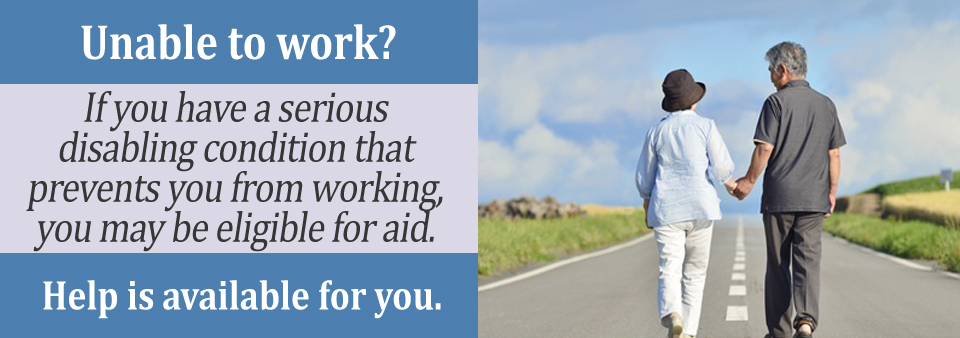According to the Social Security Administration (SSA), there are three levels of blindness that can qualify a person for disability benefits: Partially blind, legally blind and totally blind. In order to be considered legally blind, your visual acuity must be no better than 20/200 in your better eye.
If you believe you fall into one of the three levels of blindness and are unable to work, you might be thinking about applying for Social Security disability benefits. The application process can be challenging, so here are some things you should know.
Qualifying for Disability Benefits While Being Legally Blind
If you are legally blind, which means your vision is worse than 20/200, and you have all of the supporting documentation to support your claim, then you will automatically qualify for disability benefits under the SSA guidelines. You do not need to be totally blind to qualify for disability benefits, but you do need to have the medical evidence that demonstrates the severity of your blindness.
Though it’s possible to still work and receive disability benefits, if you are applying for disability benefits because you’re no longer able to work then you need to provide documentation that shows why your blindness is preventing you from being able to work.
Qualifying Without Being Legally Blind
Even if you don’t meet the criteria of being legally blind, you can still qualify for disability benefits if you utilize the Residual Functional Capacity (RFC) analysis. The RFC takes into consideration your age, work history and education to determine whether or not you are capable of working giving your visual impairment.
The details provided in the RFC can make a huge difference. Some people who are blind are able to adapt to their work environments while older people who are experiencing blindness for the first time may find it difficult to adapt, making work impossible no matter how many accommodations are made.
The RFC can make a huge difference in your ability to be approved for disability benefits, so it is very worthwhile to talk to your physician about completing the RFC prior to submitting your application for benefits.

Speak with a Professional
Applying for disability benefits can be a stressful process. In order to maximize your chances of approval you need to submit as much evidence as possible to support your case, and between gathering evidence and making sure your application is complete it can be overwhelming. You might consider working with a disability attorney who can help you every step of the way.
Working with a disability attorney doesn’t guarantee that you will win your case, but it will strongly improve your chances of a favorable outcome because he or she understands what successful applications need to be approved.
If you choose to work with a disability attorney, many of them work on a contingency basis and will not require payment unless you win your case, which means there is very little risk in working with a disability attorney.
For more information about how a disability attorney can help with your claim, fill out a free case evaluation form.